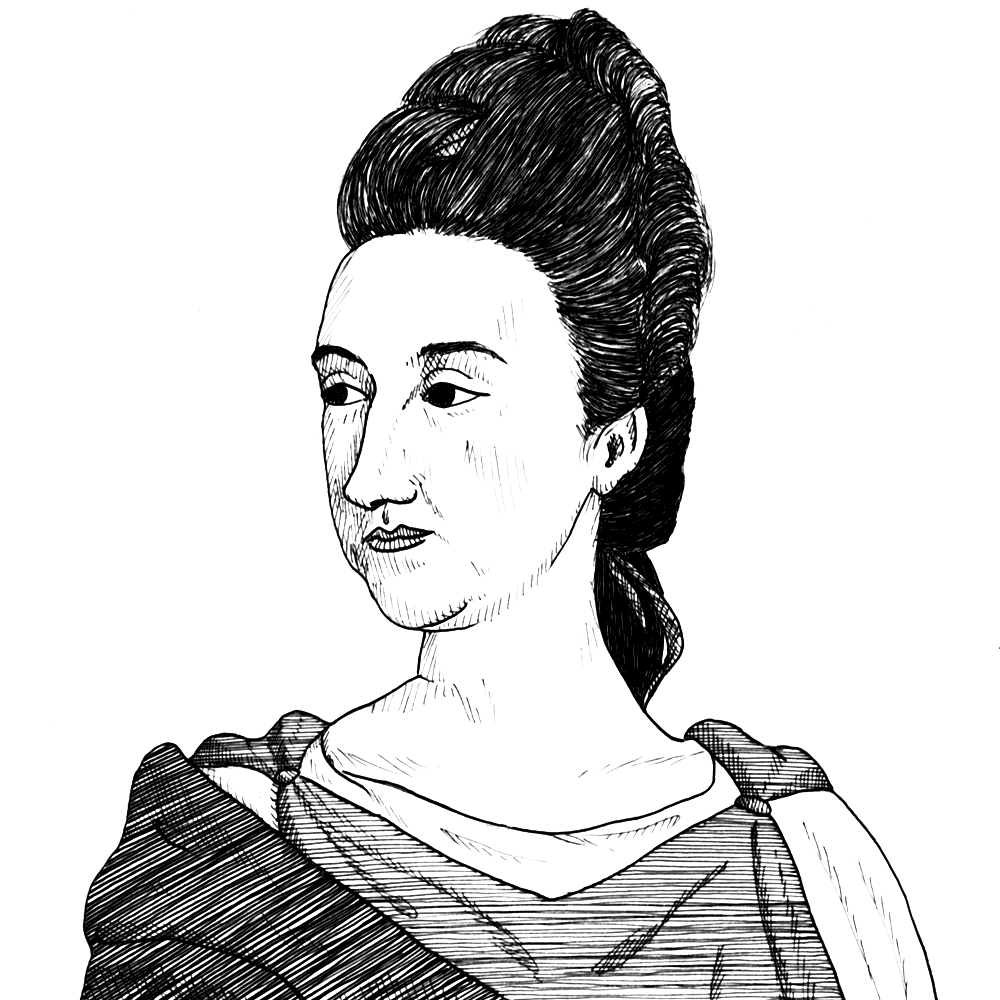
Catharine Macaulay supported the French Revolution because there were sound “public choice” reasons for not vesting supreme power in the hands of one’s social or economic “betters” (1790)
Found in: Observations on the Reflections of the Rt Hon. Edmund Burke on the Revolution France
Catharine Macaulay, the English republican historian, was one of the first to criticize Burke’s opposition to the French Revolution. She argued that there were sound “public choice” reasons for not vesting supreme power in the hands of one’s social or economic “betters”:
Politics & Liberty
To this very ingenious reasoning, and these refined distinctions between natural and social rights, the people may possibly object, that in delivering themselves passively over to the unrestrained rule of others on the plea of controling their inordinate inclinations and passions, they deliver themselves over to men, who, as men, and partaking of the same nature as themselves, are as liable to be governed by the same principles and errors; and to men who, by the great superiority of their station, having no common interest with themselves which might lead them to preserve a salutary check over their vices, must be inclined to abuse in the grossest manner their trust.